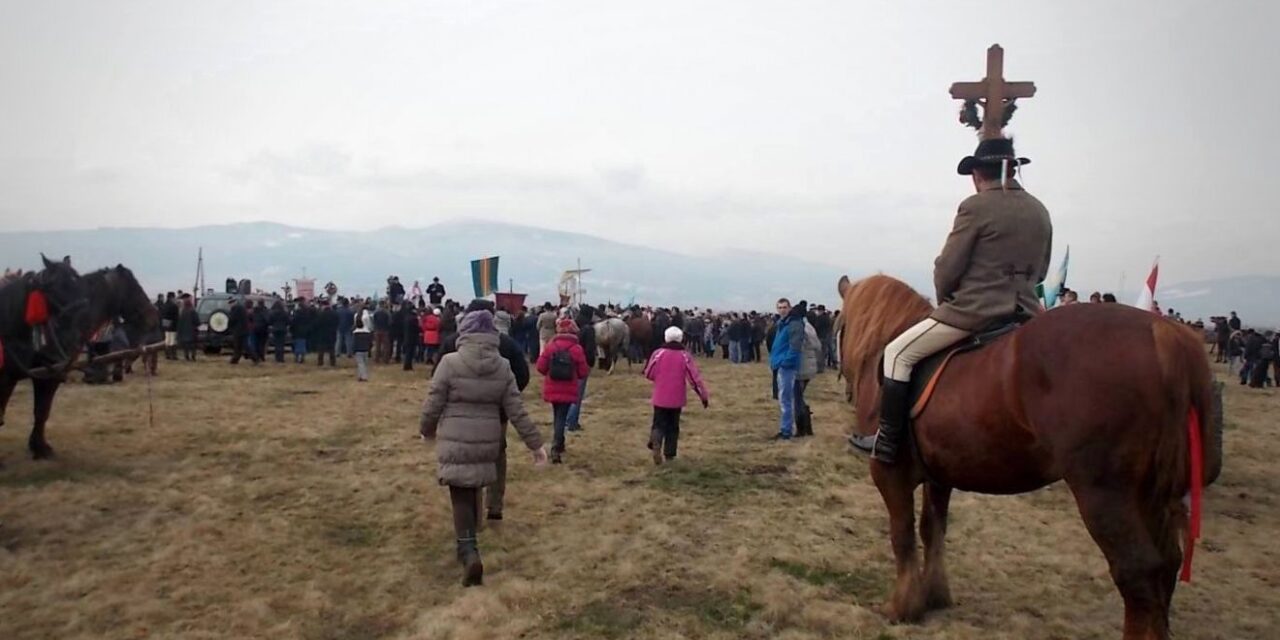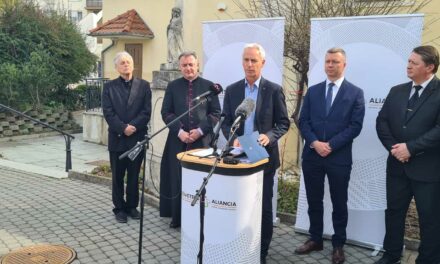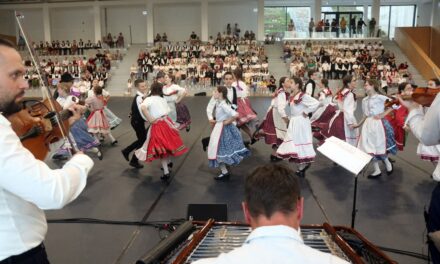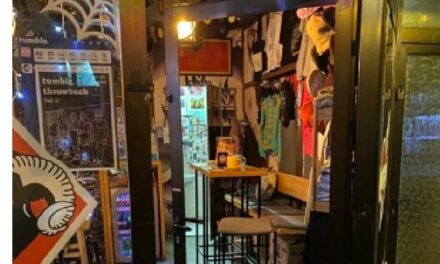The Easter border patrol is an old tradition in Gyergyószék, which lasted until the communist era, and is organized regularly again after 1990. This could not take place during the epidemic, and last year due to the soggy fields, but this year the riders will start again on Easter Sunday morning to the Hármashatár.
The beautiful intertwining of faith and the preservation of tradition is the border crossing on Easter Sunday in Györgyó. The residents of Gyergyószentmiklós, Tekerőpatak, Kilyénfalva, Újfalu, Csomafalva and Alfalu march to the Triple Border. This year, Szárhegyi will also join them, writes Szekelyhon.ro.
As the organizers from Gyergyószentmiklós, Emil Len and Tibor Bajkó, told us, the riders from Felszeg gather at the Church of St. József Munkás, and then, marching from here, they meet the riders from Alszeg at the Church of St. Nicholas, and thus they set off together at nine in the morning towards Hármashatár.
They drive towards Alfalu on the national road, then turn onto a well-prepared field road and reach Hármashatár. Here, the priest brothers of St. István Parish celebrate mass. After that, the inhabitants of each locality return to their own church, for the residents of Szent Miklós, the border crossing ends at the Szent Miklós Church.
The organizers draw attention to the fact that
the event is not only for horse riders and those with carriages, but everyone is welcome, whether you go to the Triple Border on foot, by bicycle or by car.
As Tibor Bajkó put it, every region of Székelyföld has its own special Easter customs.
In Gyergyószék, in addition to attending Mass and consecrating food, border avoidance is the most decisive.
It is also a kind of spectacle, but the most important thing is that this event is an intertwining of faith and the preservation of tradition, which evokes a real Easter mood in the participants.
Photo: Márti Csibi / Székelyhon












